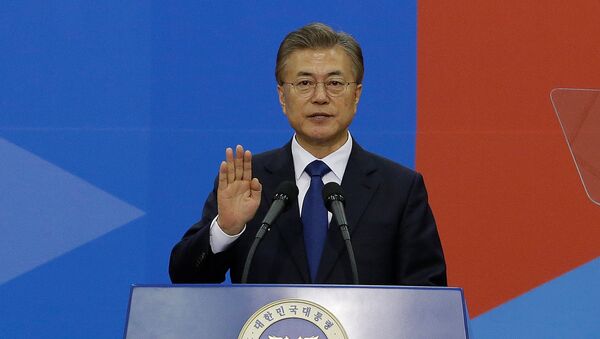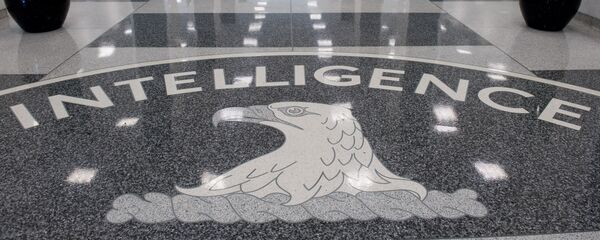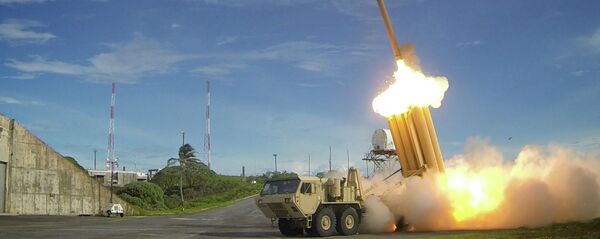Moon is a former chief-of-staff to the late President Roh Moo-hyun, who was a follower of his predecessor, Kim Dae-jung, the author of the so-called Sunshine Policy, one of engagement with North Korea. Moon has stated that he will resume the Sunshine Policy, after it was abandoned a decade ago.
"The question is whether the United States, the Trump administration will allow room for Moon to lead in terms of the alliance with North Korea," Lee said. "And if not, then whether Moon will actually stand up to the US."
According to Lee, the political agitation that led to President Park's ouster should continue to push on Moon so that he lives up to his promises.
What Kim Dae-jung agreed to with Kim Jong-Il, then-leader of North Korea, was the need for reconciliation without foreign intervention — namely, the United States, Lee pointed out. Moon's engagement with North Korea might encourage the Trump administration to change its own policy to a more peaceful one, especially considering that Trump has already indicated he is willing to talk with Kim Jong-un, given certain conditions.
Considering the longstanding unwillingness of both Washington and Pyongyang to back down, Lee suggested that "a good starting point" for the two sides would be to agree to stop both the nuclear tests and military exercises, and then proceed to reviewing the armistice agreement that de-facto ended the Korean War, in order to formally sign a permanent peace treaty.
The real irony of the situation lies in the fact that South Koreans perceive Trump as more of a "wildcard" threat than North Korea does, Lee pointed out. The real spark that could inflame a serious conflict on the Korean Peninsula at this moment is the US military, not Pyongyang, she underscored.
"North Korea never dropped bombs on other countries, never showered cruise missiles on other countries, never deployed troops outside of its territory," she added.




